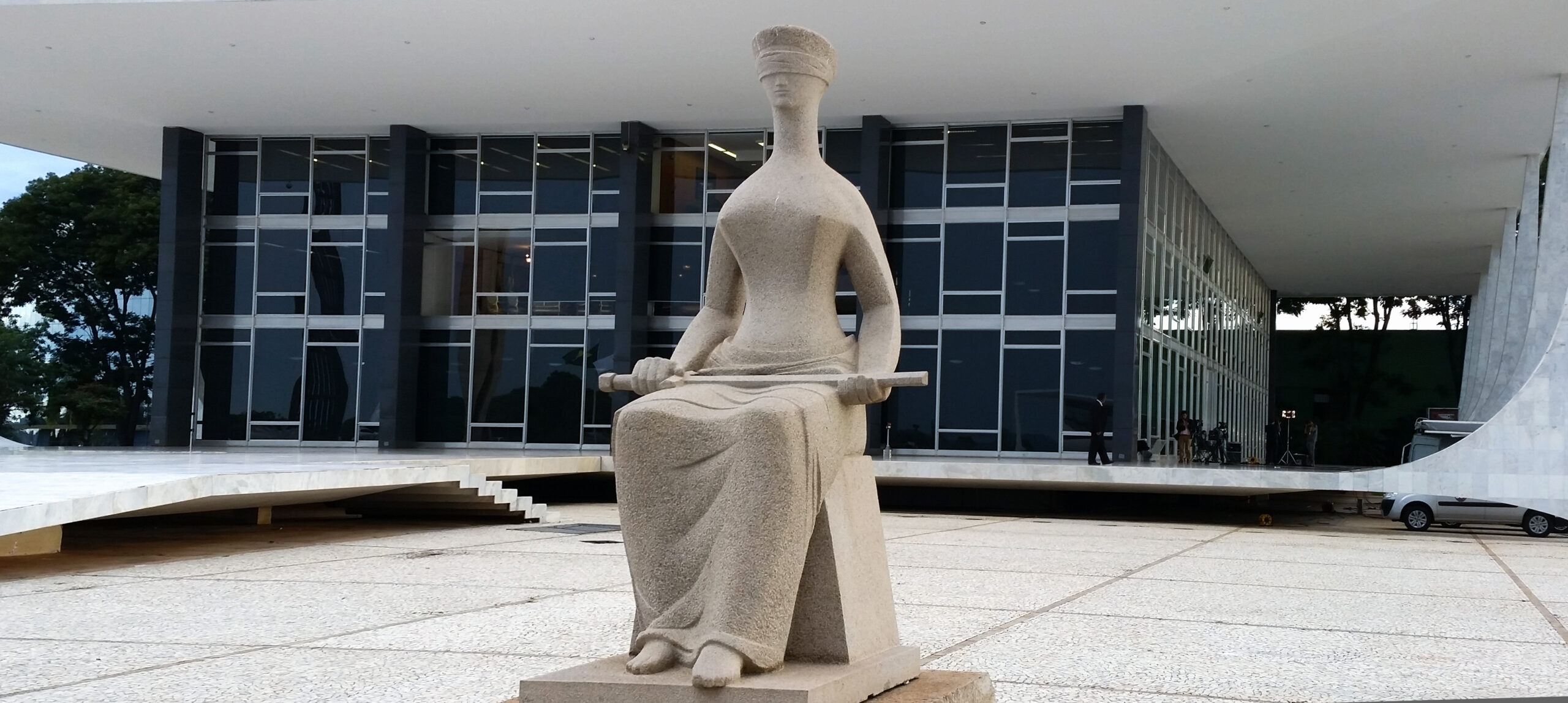By Carlos Alberto Di Franco
A recent report in the newspaper O Estado de S. Paulo put its finger on an ethical wound that demands urgent treatment and healing.
An article signed by Luiz Vassallo, a reporter for Estadão, uncovered the unbelievable scheme of sponsoring events for magistrates. The report, serious and consistent, demands self-criticism from the Judiciary.
Exclusive shows with renowned artists, dinner in a casino, all-expenses-paid cocktails in five-star hotels, speedboat rental with the right to sparkling wine.

These are, according to Vassallo, some of the attractions in the itinerary of events in Brazil and Europe offered to the Judiciary and paid for by some of the most prominent litigators in the country.
It is a promiscuity that tarnishes the image of magistrates.
The newspaper surveyed 30 significant cases in the last year. Sponsors of events for judges are either party to the proceedings or have a vested interest in the judgments.
Among the justifications of the courts and the entities that represent the Judiciary are the so-called “academic activities”.
Even if some magistrates sincerely claim their participation does not compromise their impartiality, society’s perception is not positive.
It is not enough to be. It is necessary to show.
Law professors interviewed by the daily newspaper see ethical conflicts and even the possibility of disciplinary infractions.
They also state that magistrates should not accept “luxuries” from private agents.
The largest meeting in the country, the Congress of the Brazilian Magistrates Association (AMB), took 27 judges, chief justices, and court magistrates to Salvador (BA) in May 2022 as speakers.
Panelists stayed at a five-star hotel.
There was a concert for 2,000 people.
The congress tour operator offered a 20% discount coupon for speedboat rental.
The National Confederation of Industry (CNI), the National Association of Registrars, and Banco do Brasil also sponsored the AMB Congress.
The financial institution gave R$1.5 million for the event.
From the STJ, Marco Buzzi, Raul Araújo, Paulo de Tarso Sanseverino, Moura Ribeiro, Ricardo Cueva, and João Otávio de Noronha were in events in Brazil and abroad.
With these magistrates, Estadão identified at least 20 lawsuits against sponsors of the meetings.
Altogether, they exceed R$11 billion under discussion in the lawsuits.
The Justices of the STJ were contacted by the report but did not comment.
The AMB said it makes a “strict selection of sponsors, ruling out any possible attempt to interfere in the jurisdiction.
“The sponsorships are generically intended for the event and not individually to magistrates, and there is no conflict,” it said.
The entity said associates who attended the event paid for tickets and hotels.
However, the Association did not answer if the same occurred regarding the speakers.
It is necessary, I believe, to find out if the speakers received fees and respective amounts.
The Brazilian Federation of Banks (Febraban) sponsored events with magistrates in Brazil, Portugal, and the United States, organized by business groups such as Lide and Esfera Brasil.
STF Justices Luiz Fux, Ricardo Lewandowski, Luís Roberto Barroso, Alexandre de Moraes, Dias Toffoli, and Gilmar Mendes attended.
Febraban is a party in a trial at the STF about the collection of PIS and Cofins that could cause a R$115 billion loss to the Federal Government in case of a victory for financial institutions.
The Federal Supreme Court (STF) stated that “the participation in the events mentioned was academic and without any expense” for the court.
But the problem does not end there.
The issue is the promiscuity with institutions with interests in the STF, the inevitable doubts about impartiality, and the corrosion of the court’s image.
Even if some Justices sincerely claim their participation does not compromise their impartiality, society’s perception is not positive. It is not enough to be. It is necessary to appear to be.
In the Supreme Court, there are magistrates, such as Rosa Weber – current president of the court – and Edson Fachin, who rightly refuse to attend such forums.
According to the report, when contacted, the Justices of the STF, the STJ, and the judges mentioned in the article did not comment or answer whether they paid for the travel and lodging expenses.
The radiograph of the participation of magistrates in events sponsored by sectors interested in cases in progress calls for a thorough review.
The report in the newspaper O Estado de S. Paulo fulfills an important role of quality journalism: to seriously show the deviations of conduct that can compromise the credibility of the Judiciary.
It thus stimulates the necessary self-criticism and suitable course correction.
I have respect for the Judiciary, particularly the Supreme Court.
It is an essential institution for the good functioning of democracy.
My criticism is propositional. Deviations, when not corrected, usually end badly.
Judicial activism, the excessive media protagonism of some of its magistrates, and the repression of freedom of expression adopted before, during, and after the electoral period have placed us closer to autocratic nations than free countries.
Now, the radiograph of the participation of magistrates in events sponsored by sectors interested in ongoing cases calls for a thorough review, with the involvement of the National Council of Justice (CNJ), of the theme that was the subject of the report.
With information from Gazeta do Povo

